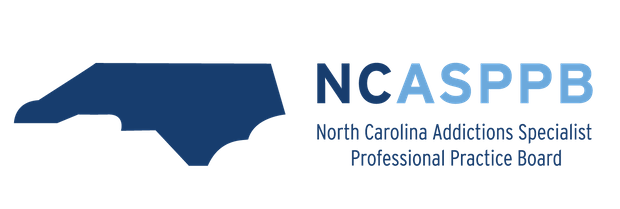History of the North Carolina Addictions Specialist Professional Practice Board
(formerly the North Carolina Substance Abuse Professional Practice Board)
Reese Wells, the interviewer of this project, conducted many interviews with substance use disorder professionals, both past and present. He worked on the project in close collaboration with Geri Miller, Ph.D., a former NCASPPB member.
He interviewed practicing professionals and policy leaders hoping to share first-hand accounts of the profession. From overcoming years of stigma and neglect, persons with substance use disorders, were long removed from the health care policy discussion. Recovery and treatment were all too often just out of reach for so many North Carolinians. Decades of advocacy from alcohol and drug counselors alike culminated in the formation of a unified substance use disorder treatment oversight body.
In 1994, that agency was ensconced in state law by the North Carolina General Assembly, as a state regulated certification board. More than a decade later, that agency was granted “Practice Act” status and licensed professionals were able to bill state dollars for those less fortunate seeking treatment and recovery from drug and alcohol addiction. The Board continues to change and evolve to address the changing needs of a changing profession.
Dedication: This 2019 project is dedicated to the numerous addiction professionals in North Carolina who have made a deep personal and professional commitment to help individuals and their family members suffering/living with the disease of addiction.
2020 Board Member Reflections
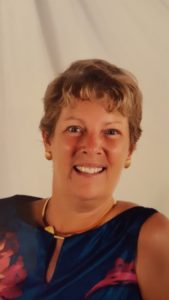
Angie Banther- Interview
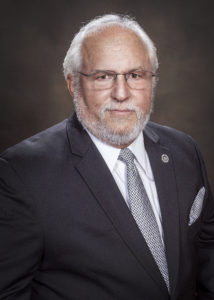
Johnny Bass- Interview
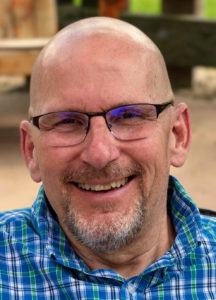
Mark Crabtree – Interview
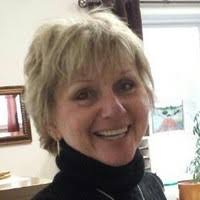
Cheryl Gentile – Interview
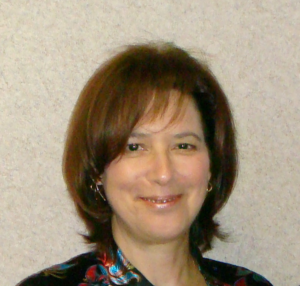
Fran Gordon – Interview
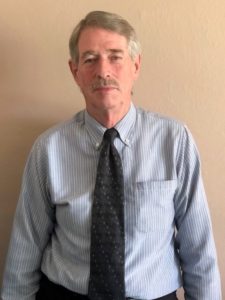
Danny Graves – Interview
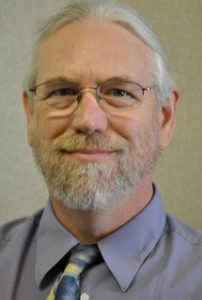
Dennis Hagarty – Interview
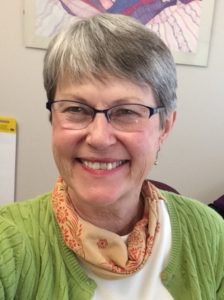
Carol Hoffman – Written Word
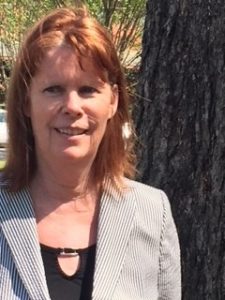
Lynn Jones – Interview
“I would just say that, keep in mind that everybody’s different and what works for one person is not going to necessarily work for the other person. And so we really have to listen and tune in to whatever each individual, what their values are and what they want. Then we can provide everything from our experience. But then we need to also then let that person make own choices and decide what they want to do.”
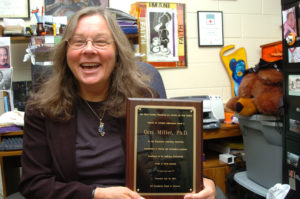
Geri Miller – Interview
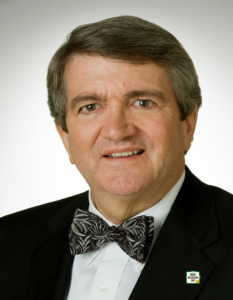
Al Mooney – Interview
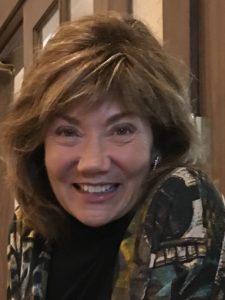
Sylvia Parsons – Interview
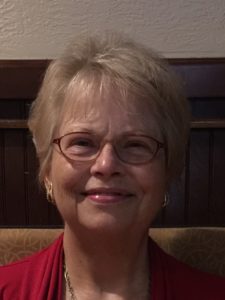
Elizabeth Ramos – Interview
Starleen Scott Robbins – Interview
“I think one of the things that has kept me in this field for all of these years is that we really have an opportunity, whether you’re doing direct practice or whether you’re working at an administrative level or at the state level, we have a real opportunity to impact people’s lives.”
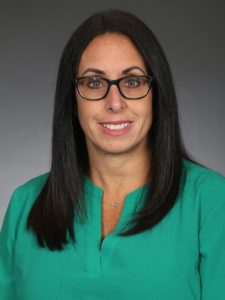
Stephanie Robinson – Interview
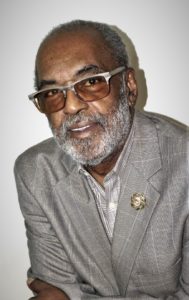
David Turpin – Interview
Substance Use Disorder Policy Leaders and Pioneers
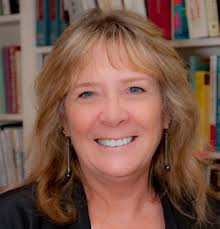
Kathy Boyd – Interview
“I’ve told a lot of counselors over the years that if you can do anything else, you ought to do it because this is a tough field. You know, it’s challenging! You’re working with people who need a lot of help and you gotta be able to deliver that help in a professional way. You don’t make a lot of money. It can be draining if you don’t take care of yourself. You gotta be willing to come into a field that is hungry for people to provide good professional care.”

Karen Chapple – Interview
“I think probably the most important thing that I can think of is to not become jaded. I think sometimes it’s easier to become jaded when you’re seeing so many clients a day or you’re seeing so many folks who relapse. Instead let’s look at every day in a positive light. And if somebody has a slip let’s pull them back in. Let’s get them reengaged. And ultimately, quite often, those are the folks who succeed.”
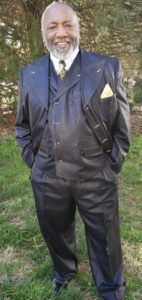
Mike Dublin – Interview
“You basically have to be a person that’s driven by caring for the human needs. Caring for people is at the core of what we do. You have to get into this for the long run and look at what we’re doing and what has been done, then build on that and to use individual initiative and innovation.”
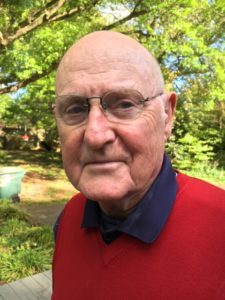
Al Greene – Interview
“At the deepest level, we’re so blessed as addictions counselors because we get to see miracles happen. We don’t work miracles, but we are right there when the miracle of recovery occurs. You want to quote me on something? Quote me on that. I believe that addictions recovery is a God-given miracle that you work your ass off for.”
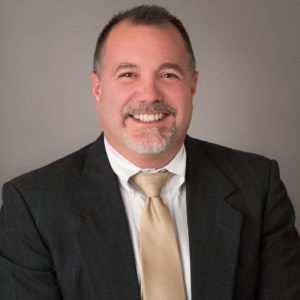
Bart Grimes – Interview
“I would say that the learning never ends. You have to continually seek out education and learning experiences. Don’t get settled in one setting. It’s great to have longevity with an organization. But I think that learning how the system works from an outpatient perspective and inpatient perspective, residential, and prevention is important. If you can have all that at one agency, great. But look for opportunities to continue to gain experience and also opportunities to continue your formal education. And learn new techniques. Because the field is constantly changing. We’re always learning about new ways of providing treatment services.”
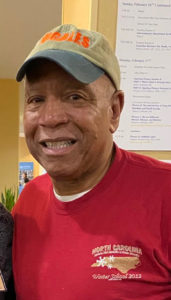
Clinton Horton – Interview
“If you’re considering coming into this field, dedicate yourself to be dedicated to it. Don’t come in expecting just to get a paycheck and go home. There are certainly things that you can’t avoid and bring home with you at the end of the day. You have to understand that you have a profession, but at the same time you have a life.”
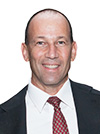
Kenny House – Interview
“I think the most important thing is to approach this work from the standpoint that it is not us versus them. We need to approach our work in a way that treats people with dignity and respect as a whole person. Not only educate but de-stigmatize communities and families, neighborhoods so that people will be more receptive to prevention and treatment efforts. The better our fields get, the better we’ll get in our community. So for new professionals walking into this field, I think they have to be able to have that approach where they’re committed to de-stigmatizing both prevention and treatment efforts.”
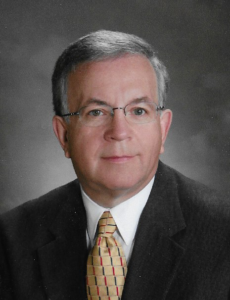
Phil Mooring – Interview
“I would challenge people to always be involved in shaping policy by being an advocate. Even down to knowing who your local elected officials are and establishing relationships with them so that you can teach them about addiction and recovery. I would say please get involved with those kinds of advocacy organizations.”
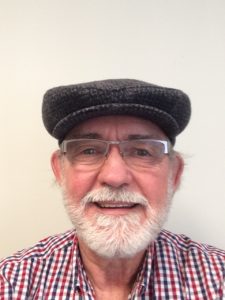
Larry Pittman – Interview
“You gotta be open to the research. You gotta have that drive from within. And don’t let politicians create your reality for you. Create your own reality by being aware of what’s going on and being aware. It’s not who you know, it’s who knows you. Being actively involved in the field and the development of the field is important. If you want the future, create it.”

Kurtis Taylor – Interview
“Everybody needs to be reminded that none of us are any better than or any less than another person. I’m just another human being, just like any other human being out here. And we’re all doing the best we can on a daily basis. So if I get an opportunity to help somebody, then I’m going to do that. But I in turn acknowledge the fact that I get help myself every single day. I would also reiterate the fact that there is no one particular pathway to recovery. Everybody’s journey is personal and everybody’s story is different. Everybody has to find what works for them.”
Jim Thornton – Interview
“Examine where you’re coming from. You’ve got to have a humanistic philosophy to survive, and not a patronizing philosophy. Use the process of being in relationship with your patients as a barometer rather than inculcate good things into your patient. The good thing is the relationship. I mean, all of the research indicates that no matter what method you’re using, what EBT you’re using, what approach you’re using, it’s small compared to the relationship itself.”
DeDe Severino – Interview
“I think find a mentor. Find someone that’s done the work for a while. You still need some guidance and some mentorship or supervision because people are complex and you’re always gonna run into situations that you’re not exactly sure what you need to do. And sometimes it is supervision, but sometimes it’s just more of a conversation with a person that’s been doing it for a while.”
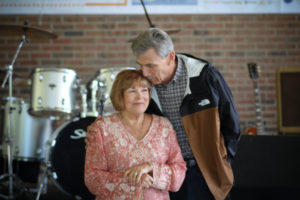
Flo Stein – Interview
“We want new people and new ideas. We want people to be really well trained and to meet the requirements of the job as well as caring for the people.”
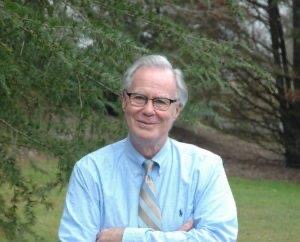
Jim Van Hecke – Interview
“I’ve told a lot of counselors over the years that if you can do anything else, you ought to do it because this is a tough field. You know, it’s challenging! You’re working with people who need a lot of help and you gotta be able to deliver that help in a professional way. You don’t make a lot of money. It can be draining if you don’t take care of yourself. You gotta be willing to come into a field that is hungry for people to provide good professional care.”
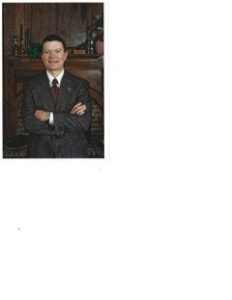
Ed Ward – Interview
“Well I would think the best advice I could give anyone would be to go to a lot of open meetings. Go to a lot of open narcotics anonymous meetings. Go to a lot of open alcoholics anonymous meetings. Go to treatment centers, ask to see from the point of view of professionals in the field. What makes it work in terms of a career? What are your goals? Where do you want to be three years from now, five years from now, 10 years from now?”
Bert Wood – Interview
“I think there are a few things I would say to folks who are interested in or who are starting in this field. First of all, similar to what I say to new employees that started at human services during orientation, I would say thank you. Thank you. Thank you for being here and being involved in this life saving business. That’s what we do and that’s who we are.”
Supplemental: Timeline of Addictions Professionals of North Carolina
Blacklay, R.J., A brief review of the development of alcoholism/substance abuse programs in North Carolina. Blacklay’s brief history includes the highlights of North Carolina’s alcohol and substance abuse field (now substance use disorder) beginning in 1949 through the early years of the 21st century. During that time NC experienced great advancements in the field as the separate fields of the Alcohol Advisory Council, the Drug Commission, and the Mental Health Commission were consolidated into the Commission on MH/MR/SAS. This has led to what is known as the Addictions Professionals of North Carolina (APNC)(2004). A brief history of the division of mental health, developmental disabilities, and substance abuse services.
This article details North Carolina’s history and progression in the fields of mental health, developmental disabilities, and substance abuse services (now known as substance use disorder services). With a history dating back to 1785, the author describes major events occuring at the state level which led to NC’s current legislature and practice. Special attention is given to the major events occurring in the late 1900s, and its sweeping effects into the 21st century.
Disclaimer: While Reese Wells, B.A. and Geri Miller, Ph.D. coordinated this project, they do not approve or disapprove of the opinions expressed by the individuals interviewed. They simply recorded the interviews given by the individuals. Also, all interviewees were given the opportunity to review the content of their interviews prior to it being posted here.
